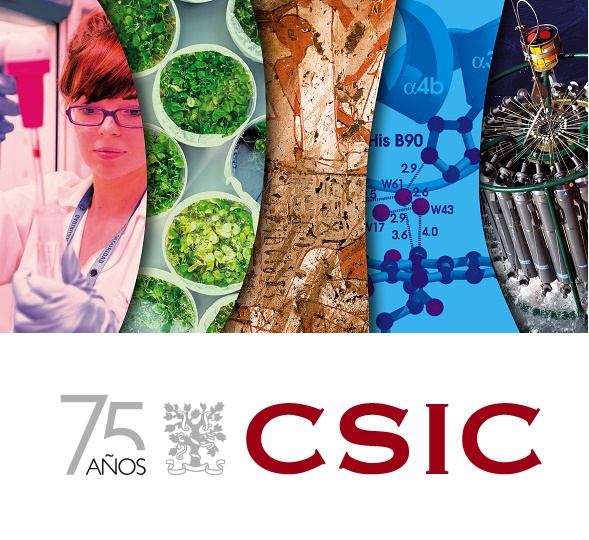
While robots have traditionally been confined to factories, in the coming future we will find robots in the social sphere – helping the disabled and elderly people, working as receptionists and sales assistants in shopping centres, acting as play companions for young people and adults, and even working as babysitters and supply teachers. Compared with industrial robots, assistential robots present new requirements: they have to be easy to program by non-experts, they must be intrinsically safe, capable of perceiving and handling deformable objects, they have to be tolerant of imprecise perceptions and actions and, above all, they must have a great ability to learn and adapt to dynamic environments. All of these factors represent formidable challenges for research; challenges which, during the lecture, will be exemplified in the form of projects currently being developed at the IRI (CSIC-UPC)
Cycle: 75th anniversary of CSIC - “Science today for a better tomorrow”
Organized by: Residence for Researchers CSIC-Generalitat of Catalonia